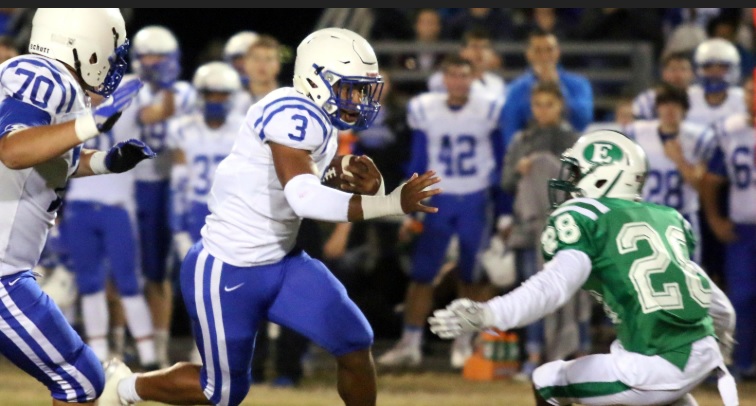
aine Gov. Janet Mills declined to act on legislation to allow sports betting and nearly 40 other bills passed by lawmakers in the final days of the legislative session.
Her office said Wednesday that the governor would have three days to sign or veto the bills once lawmakers return to Augusta. Such bills could likely come up in January, when the Legislature is scheduled to return.
“The Legislature has passed a significant number of bills this session, and I take seriously my constitutional obligation to thoroughly review all of them, evaluate their implications and decide whether they are in the best interest of Maine people,” Mills said in a statement. “I will continue to review these bills and gather more information, and I look forward to acting on them at the beginning of the next legislative session.”
A rule in the Maine constitution allows Gov. Mills to decide between two options. First, she could outright veto the bill in the opening three days of the next legislative session. Those three days could come via a special session that Mills calls sometime during the summer. The second option is that Mills does not veto the bill and after the first three days of a special session or the beginning of the following legislative session, the bill becomes law by default, according to Legal Sports Report.
The bill’s primary sponsor, Democratic Sen. Louis Luchini, was not surprised the measure was held and said he intended to continue to work on it in 2020. He said he’s happy to work with Mills’ administration on the sports betting bill. Maine’s legislation would have allowed casinos, commercial tracks, off-track betting facilities and federally recognized Indian tribes to apply for sports betting licenses.
The measure also would legalize online sports betting. Estimates on how much sports betting would be worth in Maine varied widely, but a fiscal note attached to the bill suggests that once it is fully implemented, originally scheduled to occur in 2023, the state would stand to collect as much as $5 million a year in fees and taxes.
“Just generally, any time you expand gambling in the state, you want to tread carefully,” Luchini said. “I think we’ll just use the time between now and then to see if there’s anything we can do to make the bill better,” he added.
Maine estimated it would see up to $4 million in revenues over two years from the legislation, which would also send 1% to the gambling addiction and prevention fund.
Mills has signed 606 bills this year, her office said. She let 45 bills become law without her signature, and successfully vetoed eight bills.





















